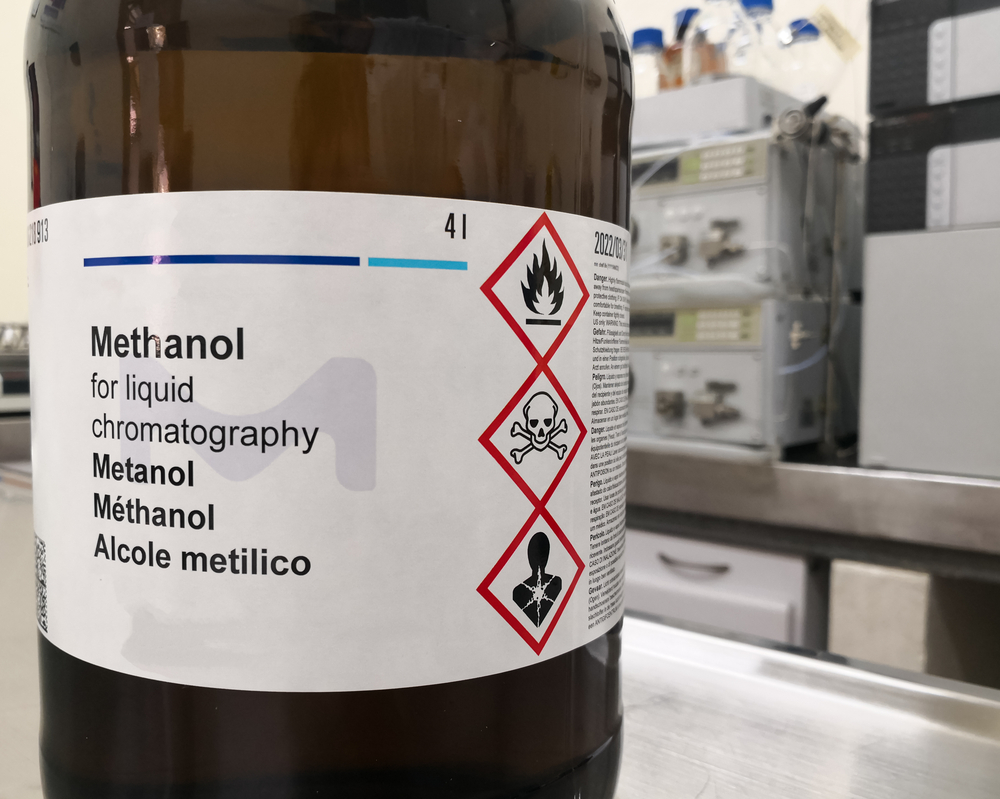Printing GHS-compliant chemical labels is an essential part of chemical safety in the workplace. The Globally Harmonized System of Classification and Labelling of Chemicals (GHS) provides a standardized approach to labeling chemicals that communicates hazards and safety information to users. While traditional black and white labels have been used in the past, color label printing technology has advanced to offer new opportunities for creating more effective and eye-catching chemical labels. One such printer that stands out is the Epson ColorWorks C4000, which can print BS5609 certified labels.
Here are some of the advantages of using color label printers to print GHS-compliant chemical labels:
- Improved Hazard Communication: GHS-compliant labels require the use of standardized symbols and hazard warnings to convey information about the chemical to users. By using color printing, labels can be designed to highlight important information such as hazard statements, precautionary statements, and first aid measures, making them more visible and easier to understand.
- Increased Visibility: Color label printing allows labels to be designed with bold and bright colors that attract attention, making them easier to see and recognize. This is particularly important in industries where chemicals are used in large volumes and labels need to be visible from a distance.
- Durability: Chemical labels need to withstand harsh environments and exposure to chemicals without fading, smudging, or falling off. Color label printers can print on durable materials that can resist moisture, heat, and chemicals, ensuring that the labels remain legible and intact throughout their lifecycle.
- BS5609 Certification: In addition to GHS compliance, certain industries require chemical labels to meet the British Standard BS5609 for marine use. The Epson C4000 is capable of printing labels that meet BS5609 certification requirements, ensuring that labels can withstand the rigors of marine transportation and storage.
The Epson C4000 is a color label printer that is ideal for printing GHS compliant labels for the chemical industry. With its high print quality, durability, and BS5609 certification, it is well-suited for printing labels that meet the requirements of GHS and BS5609 standards.
In conclusion, color label printing offers numerous advantages over traditional black and white labeling when it comes to creating GHS chemical labels. By using color label printers such as the Epson C4000, businesses can create more effective and durable labels that meet both GHS and BS5609 standards. By improving hazard communication, increasing visibility, and providing durability, color label printing technology is helping to improve chemical safety in the workplace.


